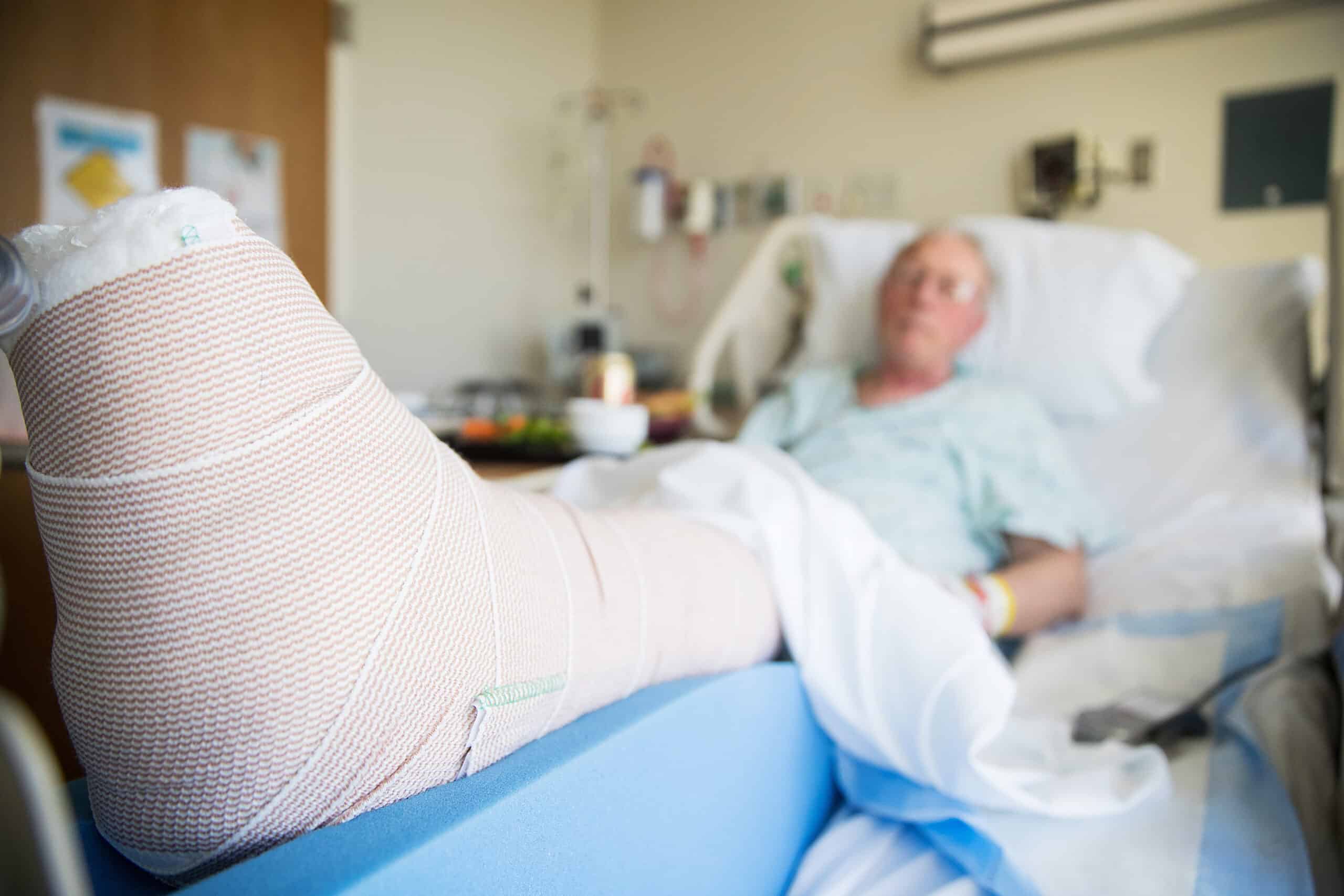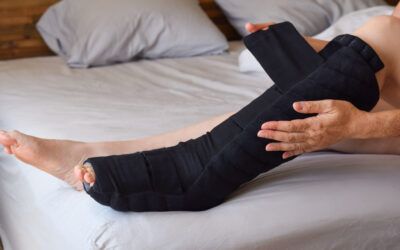Post-operative rehabilitation is not merely a phase; it’s the beginning of a critical journey back to wellness and functionality. After the precision of surgeons and the sterility of the OR, rehabilitation is where the human spirit meets medical science in a partnership aimed at reclaiming the quality of life.
Awakening the Body: The First Steps of Post-Op Rehabilitation
As anesthesia fades, the body awakens to a new state. Pain, stiffness, and a feeling of fragility often greet patients, alongside the relief that the surgery is over. It is here, in this dawning of recovery, that post-op rehabilitation introduces itself as a guiding light.
- Managing Post-Surgical Pain: Pain control is paramount, using both medication and gentle movement to ease discomfort.
- Regaining Mobility: Physical therapists step in early, teaching exercises that begin the process of rebuilding strength and flexibility.
Charting the Recovery Course
Rehabilitation is not a one-size-fits-all journey. It is highly individualized, based on the patient’s unique surgical experience, baseline health, and recovery goals.
Building Strength, Step by Step
- Physical Therapy: Customized exercises help restore function, increase strength, and improve range of motion.
- Occupational Therapy: For those needing to relearn daily tasks, occupational therapy is there to guide them through the intricacies of the day-to-day.
Overcoming the Challenges of Immobility
Post-surgery, patients may face an uphill battle against immobility. It’s a challenge met with patience and perseverance.
- Combating Atrophy: Targeted exercises prevent muscle wasting.
- Encouraging Movement: Even in bed, patients are encouraged to move regularly to enhance circulation and prevent clots.
The Role of Nutrition in Healing
The body’s demand for nutrients escalates as it heals. Proper nutrition becomes a cornerstone of recovery, with diets tailored to support tissue repair and boost energy levels.
- Protein: Essential for tissue repair.
- Vitamins and Minerals: Particularly vitamin C, zinc, and calcium to aid in healing and fortify bones.
Mental Health: The Silent Participant in Recovery
The mind’s role in rehabilitation is as crucial as the body’s. Mental health support is recognized as a pivotal aspect of post-op care.
- Counseling: To help patients cope with the emotional aftermath of surgery and the challenges of recovery.
- Mindfulness and Relaxation Techniques: These practices aid in pain management and reduce anxiety, contributing to overall well-being.
Integrating Alternative Therapies
- Acupuncture: May alleviate post-operative pain and facilitate quicker recovery.
- Massage Therapy: Helps to reduce pain, improve circulation, and decrease swelling.
Nurturing Independence: The Final Goal
The ultimate objective of post-op rehabilitation is to nurture patients back to independence. It’s a process that requires time, commitment, and the expertise of a multidisciplinary team working in unison towards the patient’s autonomy.
- Gradual Progress: Celebrating small victories that accumulate into full recovery.
- Home Exercise Programs: Tailored routines that patients can continue at home to sustain progress.
A Partnership for Life
Post-op rehabilitation is a testament to the resilience of the human body and spirit. It’s a partnership where patients and healthcare professionals work hand-in-hand to pave the way back to health and vitality.
Contact us here ate Core One to understand the best treatment path for you!



